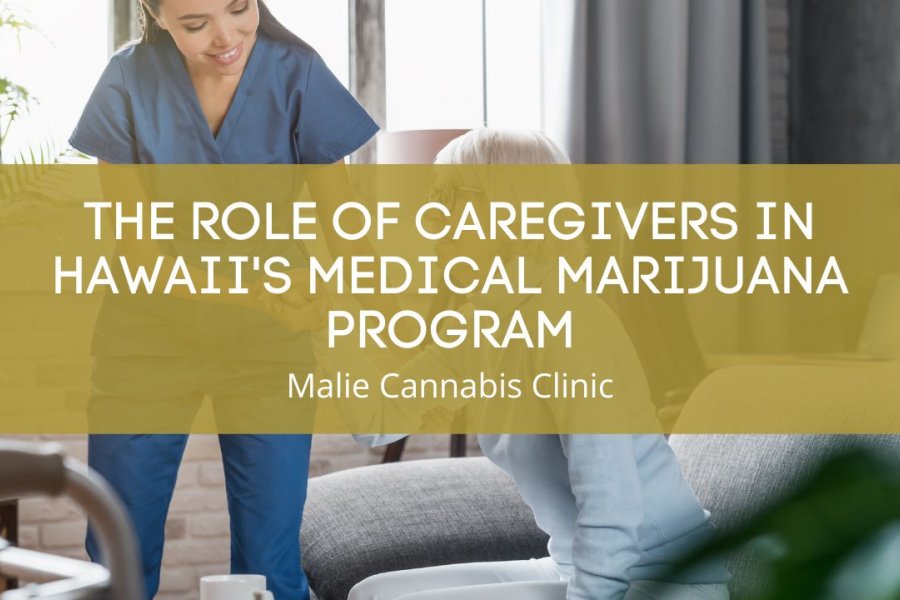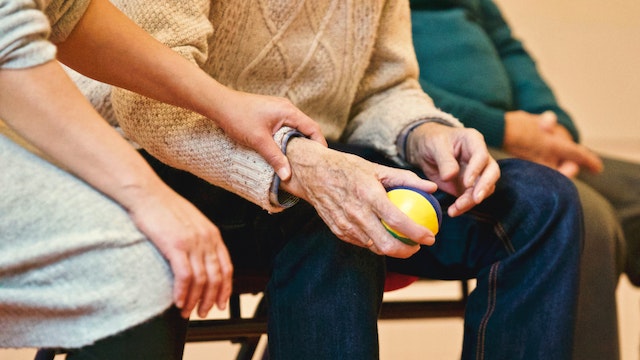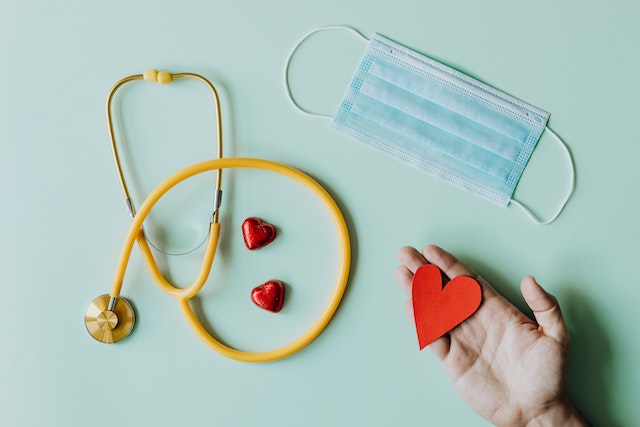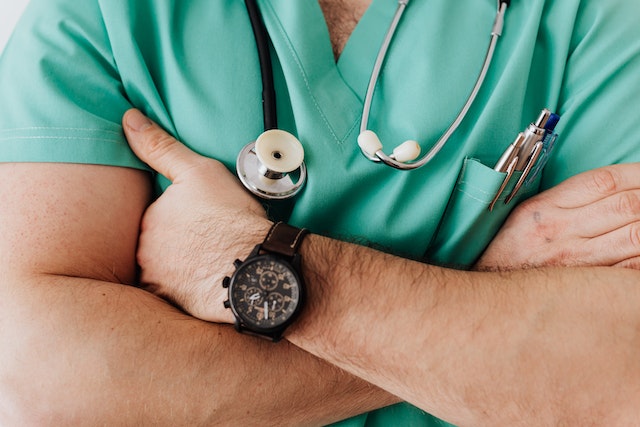
A primary caregiver plays a crucial role in the use of medical marijuana. It's important to note that this caregiver serves a distinct role from the patient's physician and must meet certain qualifications and responsibilities to fulfill their role effectively.
If you want to learn about the role of caregivers in the Hawaiian medical marijuana program, keep on reading!
What a Caregiver Does as Part of the Medical Marijuana Program
A caregiver serves as the individual responsible for overseeing the well-being of a qualifying patient in this context. They’re limited to assisting only one registered patient at a given time. These patients may need medical marijuana to treat a number of symptoms associated to illnesses such as cancer, chronic pain, glaucoma, Multiple Sclerosis, and Lupus to name a few.
This restriction of one patient at a time is in place to ensure that caregivers can provide the necessary attention and care to their designated patient. Additionally, caregivers must be of legal age, which typically means they must be at least 18 years old. This age requirement is in line with the legal framework governing medical marijuana use.
When it comes to selecting a primary caregiver for a minor qualifying patient or an adult patient who lacks legal capacity, the law specifies that the caregiver should ideally be a parent, guardian, or someone with legal custody of the patient.

This requirement ensures that the caregiver has a close and legally recognized relationship with the patient, which is crucial for making medical decisions on their behalf.
How to Become a Caregiver
Because of the responsibilities that a caregiver has, to become one, an individual needs to follow a specific process. The process includes the following steps:
Meet the Prerequisite Criteria to Become a Caregiver
There’s certain criteria that person must meet before they can apply to be a caregiver. For instance, to become a caregiver, a person must:
- Meet Age Requirement: Minors cannot be caregivers. As such the first requirement is that the caregiver must be at least 18 years old, ensuring that they have reached the legal age for such responsibilities.
- Provide Identification: Individuals interested in becoming caregivers must also submit a copy of a state-issued photo ID. This step is essential to verify their identity and confirm that they meet the age requirement.
- Pay Registration Fee: Caregivers are required to pay a registration fee as part of the application process. This fee helps cover administrative costs associated with maintaining the registry of caregivers and patients.
The Caregiver Application Process
Once these prerequisites are met, the caregiver can move forward with the application process. The application involves completing a registry identification form.

This form must be duly filled out and signed by the certifying physician, the qualifying patient, and the designated caregiver. Note that the physician plays a crucial role in this process by certifying the patient's need for medical marijuana and supporting the caregiver's involvement.
After completing the registry identification form and gathering all necessary signatures, the next step is to submit the form along with the $25.00 registration fee. This submission should be made to the Narcotics Enforcement Division, located at 3375 Koapaka Street, Suite D-100, Honolulu, Hawaii 96819.
Upon receiving the completed registry identification forms and associated attachments from the qualifying patient's physician, the Department responsible for overseeing medical marijuana use will begin the verification process. This involves carefully reviewing the provided information to determine whether approval or denial is warranted.
What Happens Once Your Approved as a Caregiver
If you’ve met all the qualifying criteria and properly completed the application process, the chances of being approved are good. Once the caregiver's application is approved, the Department will take the necessary steps to issue registry certificates. These certificates are important documents that validate the patient's eligibility for medical marijuana use and the caregiver's authorization to assist them.

The physician will receive these certificates and is responsible for signing and issuing them to both the patient and the patient's primary caregiver.
Hawaii’s Medical Marijuana Rules
As a caregiver you need to be aware of the rules and regulations that govern the use and handling of medical marijuana. For instance, it must be stored in a sealed container and cannot be removed or used in a public place. As the caregiver, you and the patient combined cannot be in possession of more than four ounces of medical cannabis.
What’s more, neither you or the patient as allowed to carry the medical cannabis inter-island or use it in a manner that could endanger another person. Knowing the laws that govern medical cannabis use is vital to protecting yourself as the caregiver and the patient in your care.
Bottom Line
The role of a primary caregiver in the medical use of marijuana is well-defined and involves specific requirements and responsibilities to ensure the safety and well-being of qualifying patients.
The process of becoming a caregiver entails meeting age requirements, providing identification, paying a registration fee, and completing the necessary application forms, which are then subject to careful review by the Department. Upon approval, registry certificates are issued to both the patient and caregiver, allowing them to engage in the legal and regulated use of medical marijuana.
If you need to obtain a medical marijuana card in Hawaii, contact our qualified team at the Malie Cannabis Clinic. We can also help you renew your medical-marijuana card!